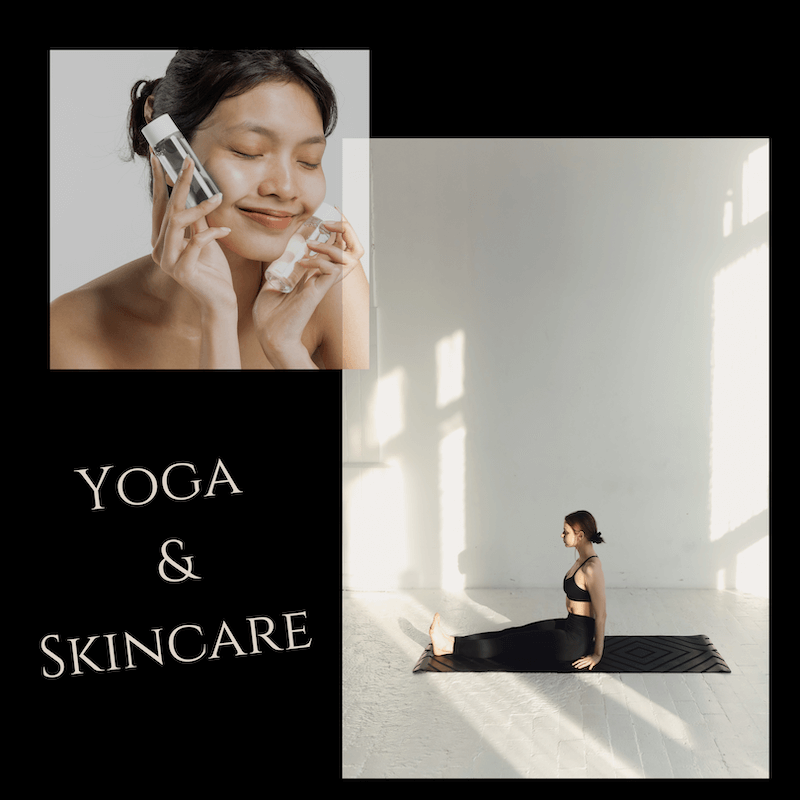The busiest travel season is summer, which is ideal for discovering new places, unwinding on a beach, or exploring the quaint cobblestone alleyways of Europe. Even though traveling might be exhilarating, it frequently damages our skin. Our skin may object to our quest for the ideal vacation due to a number of variables, including time zone shifts, changes in the weather, and dehydration. This article will examine the causes of why your skin breaks out while traveling and offer helpful advice to keep your skin glowing, healthy, and prepared for wherever your adventures may take you.
1. Weather Changes and Increased Oil Production:
Traveling from a dry, cold environment to a hot and humid one can cause your skin to produce more oil and sweat, increasing the likelihood of acne breakouts. To combat this, it’s important to maintain a consistent skincare routine. Regularly wash your face with a gentle cleanser to remove excess oil and impurities. Additionally, applying a daily moisturizer that suits your skin type will help balance oil production and keep your skin hydrated without clogging pores.
2. Air Travel and Low Humidity:
Airplanes have notoriously low humidity levels, typically 10 to 20 percent lower than what you experience on the ground. This dry environment can lead to skin dehydration. To protect your skin during flights, it is recommended to board with a clean, fresh face and apply a moisturizer suitable for air travel. Additionally, using a facial mist throughout the flight can help replenish moisture and prevent your skin from becoming excessively dry.
3. New Foods and Potential Skin Reactions:
Exploring different cuisines while traveling is one of the highlights of any trip. However, introducing new foods into your diet can sometimes trigger skin breakouts. Certain ingredients or spices might not agree with your skin, causing inflammation or allergic reactions. To mitigate the risk, try to maintain a balanced diet and listen to your body’s signals. If you notice any adverse reactions after consuming specific foods, it’s best to avoid them.
4. Stress and Hormonal Changes:
Traveling can induce stress, and your body produces the stress hormone cortisol in response. Cortisol can exacerbate various skin conditions, including acne, eczema, and psoriasis. For acne-prone individuals, cortisol can stimulate the sebaceous glands to produce more oil, leading to clogged pores. To manage stress during travel, it is important to take proactive steps. Arrive early to the airport to avoid rushing and bring headphones to enjoy your favorite music or a meditation app to help calm your mind. Aromatherapy with calming scents like lavender can also aid in reducing stress levels.
5. Time Change and Jet Lag:
Traveling across time zones can disrupt your body’s internal clock, leading to jet lag. Changes in your sleep patterns and overall fatigue can affect your skin’s health. To minimize the impact of jet lag on your skin, it’s crucial to prioritize good sleep hygiene. Establish a consistent sleep schedule before your trip, stay hydrated, and expose yourself to natural light during the day to help regulate your circadian rhythm.
6. New Foods and Potential Skin Reactions:
Exploring different cuisines while traveling is one of the highlights of any trip. However, introducing new foods into your diet can sometimes trigger skin breakouts. Certain ingredients or spices might not agree with your skin, causing inflammation or allergic reactions. To mitigate the risk, try to maintain a balanced diet and listen to your body’s signals. If you notice any adverse reactions after consuming specific foods, it’s best to avoid them.
7. Dehydration and Skincare:
Traveling, especially during summer, can lead to increased perspiration and higher chances of dehydration. Insufficient hydration can leave your skin dry, dull, and more prone to breakouts. To combat dehydration, make sure to drink plenty of water throughout your journey. Carry a reusable water bottle and aim to consume water regularly, even if you’re not feeling particularly thirsty.
Traveling is an incredible experience, but it’s important to take care of your skin while on the go. By understanding the reasons why your skin may break out during travel and following the tips provided, you can maintain healthy, vibrant skin no matter where your adventures take you. Remember to adapt your skincare routine to the changing environment, prioritize hydration, manage stress levels, and pay attention to your skin’s needs. With these strategies in place, you can enjoy your travels while keeping your skin happy and glowing.






